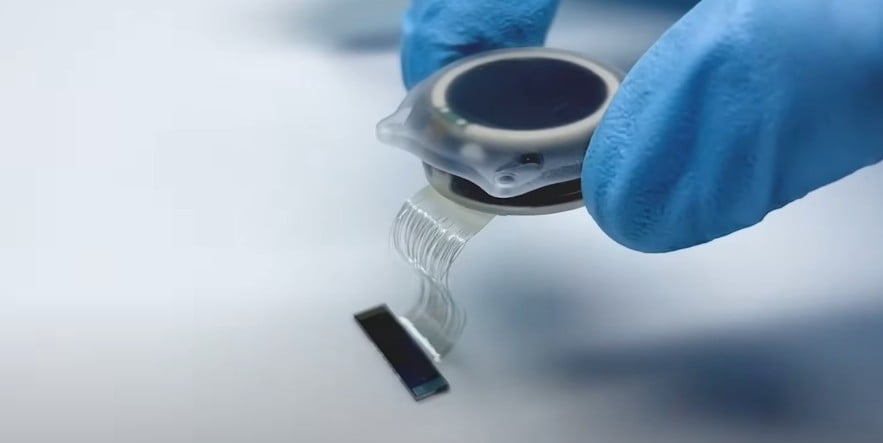Neuralink implants the first human brain chip

Elon Musk’s brain-chip startup Neuralink achieved a significant milestone on Sunday, January 28, 2024, by implanting its first human patient with a brain-computer interface. Musk said on Monday the patient is recovering well and initial results are showing neuron spike detection.
In a significant advancement in brain-computer interface (BCI) technology, Neuralink, a company founded by Elon Musk, has successfully implanted its first human patient with a brain-chip. The implantation, which took place on January 28, 2024, has shown promising initial results in neuron spike detection, as announced by Musk.
The first product from Neuralink, named ‘Telepathy,’ enables users to control phones or computers, and subsequently any connected device, merely through thought. This groundbreaking technology is particularly aimed at helping individuals who have lost the use of their limbs. Musk illustrated the potential impact of this technology by referencing the late Stephen Hawking, suggesting that similar individuals could communicate faster than a speed typist or auctioneer.
Neuralink uses a robot to surgically place the BCI in a brain region controlling movement intention. The company’s stated mission is to create a generalized brain interface to restore autonomy to individuals with unmet medical needs and to unlock human potential. The BCI, inserted into the brain by Neuralink’s surgical robot, is cosmetically invisible and designed to wirelessly transmit brain signals to an app that decodes movement intention.
In May 2023, the U.S. Food and Drug Administration (FDA) granted Neuralink clearance to conduct its first human trial. This approval followed an earlier rejection in 2022 due to major safety concerns.
In September 2023, Neuralink announced a significant step forward when it received the green light to start recruiting participants for its first human clinical trial. This trial, named the PRIME Study (Precise Robotically Implanted Brain-Computer Interface), represents a pivotal moment in the field of medical device research. The study’s primary objective is to evaluate the safety and initial functionality of Neuralink’s fully implantable, wireless BCI technology.
The study focuses on their implant, known as N1, and the surgical robot, R1. The N1 implant is designed with ultra-fine and flexible threads that are surgically placed into a specific brain region that governs movement intention using the R1 Robot. Once implanted, the N1 device is cosmetically invisible and functions to record and wirelessly transmit brain signals to an application that decodes the user’s movement intention.
References:
1 Neuralink.com – Accessed January 30, 2024
2 Neuralink’s First-in-Human Clinical Trial is Open for Recruitment – Neuralink – September 19, 2023
Featured image credit: Neuralink


Commenting rules and guidelines
We value the thoughts and opinions of our readers and welcome healthy discussions on our website. In order to maintain a respectful and positive community, we ask that all commenters follow these rules.